Sufresca, an Israeli startup designing edible fruit and vegetable coating solutions to reduce food waste and curb plastic packaging, has just raised $500,000 seed funding from the agri-foodtech VC Rimonim, the company disclosed to AFN.
Founded by Prof. Amos Nussinovitch of The Hebrew University in Jerusalem in collaboration with Prof. Haim Rabinowitch and Dr. Yoni Elkind, Sufresca is developing a technology that provides a new form of “breathable coating,” which they claim can extend shelf lives by several weeks while paring back the need for costly refrigerated storage.
Thus far, the team explains, Sufresca focuses on cucumbers, tomatoes, onion, garlic, and pepper — all low hanging fruits, so to say, because fewer practicable coating solutions exist for these products, as opposed to apples or citrus fruits like lemons, where waxing has long been common practice.
Edible morpholine
“Sufresca developed a GRAS (Generally Recognized as Safe) coating layer which extends shelf life, prevents losses, while allowing continuation of the metabolism, required to maintain freshness and nutritional value of fruits and vegetables,” said Dr. Ido Schechter, CEO of the Agrinnovation Fund, which has already invested $800,000 in the company.
(Dr Schechter’s fund has exclusive access and the first commercial rights to invest in intellectual property (IP) developed in the Faculty of Agriculture, Food and Environment at the Hebrew University of Jerusalem. A cornerstone of the IP, in this case, covers edible morpholine, an organic chemical compound.)
The new Rimonim funding tranche brings total funding to $1.3 million for Sufresca, and the round sees Rimonim’s co-founder and general partner Yigal Galli become chairman of the Sufresca board.
“The adoption should be very quick; we don’t have to educate farmers or retailers,” Galli told AFN in a phone interview on Tuesday detailing the funding round. He anticipates some of the products reaching the market in North America and Europe within two years. On another fundraising note, Galli added that Rimonim is now raising its second fund, targeting a fund size of up to $100 million.
Cucumbersome packaging
There are plenty of calls for food coating innovation, but also plenty of competition. The market is seeing the introduction of a widening range of polymer formulations (film-type and emulsion-type) for fruit and vegetable coatings, as policymakers exert pressure on producers and retailers to reduce globally high rates of spoilage. Policy drift is also heading toward crackdowns on plastic food packaging like “shrinkwrap” for cucumbers.
Only adding to this call for new solutions is a sense of lack of progress, even in parts of the world priding themselves on environmental awareness. In the UK, for instance, supermarkets are struggling for viable alternatives to plastic — and breaking their pledges. An Environmental Investigation Agency (EIA) and Greenpeace report — Checking out on plastics II: Breakthroughs and backtracking from supermarkets — reveals that seven out of the top 10 UK supermarkets had increased their plastic footprint. Only Waitrose, Tesco and Sainsbury’s had achieved marginal reductions.
Silky textures and wafting sachets
Other companies seeking to help these supermarkets keep to their word are biotech companies like Apeel Sciences, which uses agricultural byproducts and waste such as orange peels to manufacture a formula that can be applied to fresh produce to extend its shelf life. Its products are 100% edible and decompose in the environment the same way that food does. Then there’s the sericulture tech startup Cambridge Crops, which effectively cocoons sausages or steaks with an imperceptible and edible micro-layer of silk-based proteins. These keep all varieties of food from going to waste, the team claims, and reduces dependence on single-use plastics.
Maybe coating isn’t the way to go. Founded in 2015, Hazel Technologies has developed a package insert that releases vapors to triple the shelf-life of produce by slowing the aging process and preventing fungus or decay, according to the company. The sachets can be placed in bulk boxes of produce at the packing house to help ensure that they arrive at the supermarket in prime condition.
How do you feel the fruit and veg of the future should be packaged? Drop me a note at [email protected]

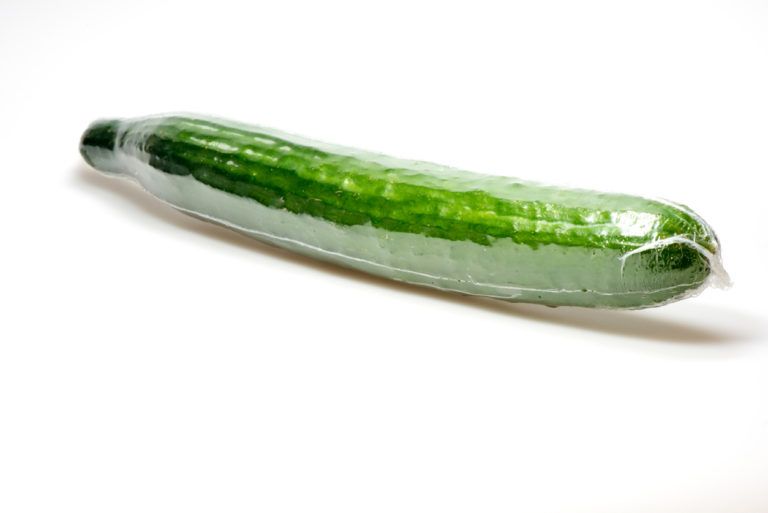
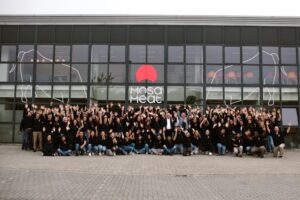
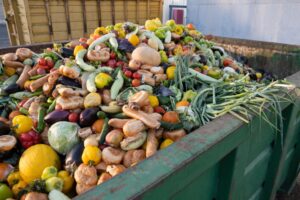


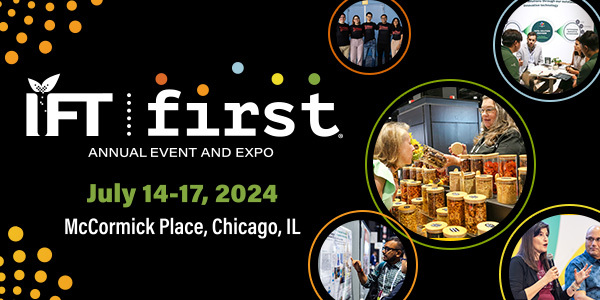
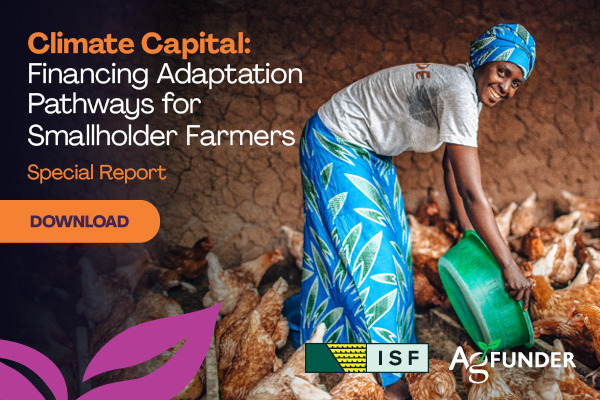



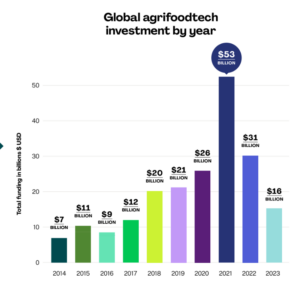
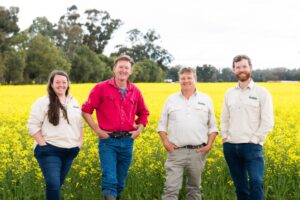


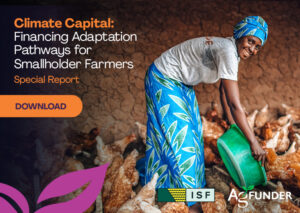

Sponsored
International Fresh Produce Association launches year 3 of its produce accelerator